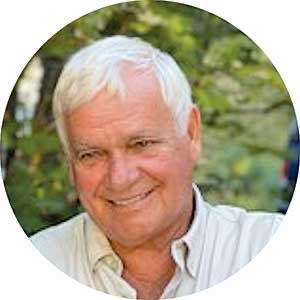Happy New Year! Let’s hope that 2023 is a good year and it finds you all full of good health and with lots of optimism for the future.
The subject of this month’s column centres around Powers of Attorney. What are they? Are there different kinds? In order to write this material, I had help from the PLIAN (Public Legal Information Association of Newfoundland) and a Bay Roberts lawyer, Douglas Moores.
PLIAN states that a “Power of Attorney is a legal document that gives another person the legal authority to act on your behalf in relation to your finances while you are living and still have capacity. This power can be granted for a specific period of time and for specific financial tasks, or it can be very general.” The Association notes that the “Power of Attorney deals only with financial matters, and does not involve decisions about health care treatment or the authority to deal with a person’s estate after they die.”
They further state that “An Enduring Power of Attorney is a specific type of Power of Attorney meant to be exercised after the person granting the power of attorney loses his or her legal capacity.” Completing this document and granting this power gives someone else the authority to handle your finances if you no longer have the mental capacity to understand the effects of your decisions and actions related to your financial affairs.
Lawyer Douglas Moores says the chief difference between these two legal documents is that an Enduring Power of Attorney takes effect only on the mental incapacity of the Donor, whereas a regular Power of Attorney is effective upon execution of the document by the Donor.
Furthermore, Mr. Moores stated that it is highly recommended that a person should make sure that an Attorney is in place immediately—if required—or be executed to go in effect upon compromised mental capacity etc. He also said the Power of Attorney document can be adjusted to accommodate the needs of the person creating the Attorney.
PLIAN writes that some of the requirements for creating a legally valid Enduring Power of Attorney in Newfoundland and Labrador include that the document must be:
•Written
•Signed by the person granting Power of Attorney (the “donor”)
•Signed by one independent witness (meaning someone other than the person receiving Power of Attorney or that person’s spouse or cohabiting partner)
•Written to include language that makes clear the Power of Attorney is meant to continue
•Having effect after the donor loses legal capacity.
Mr. Moores also suggested that people should also have an Advanced Health Care Directive signed as well.




